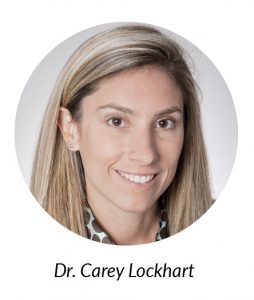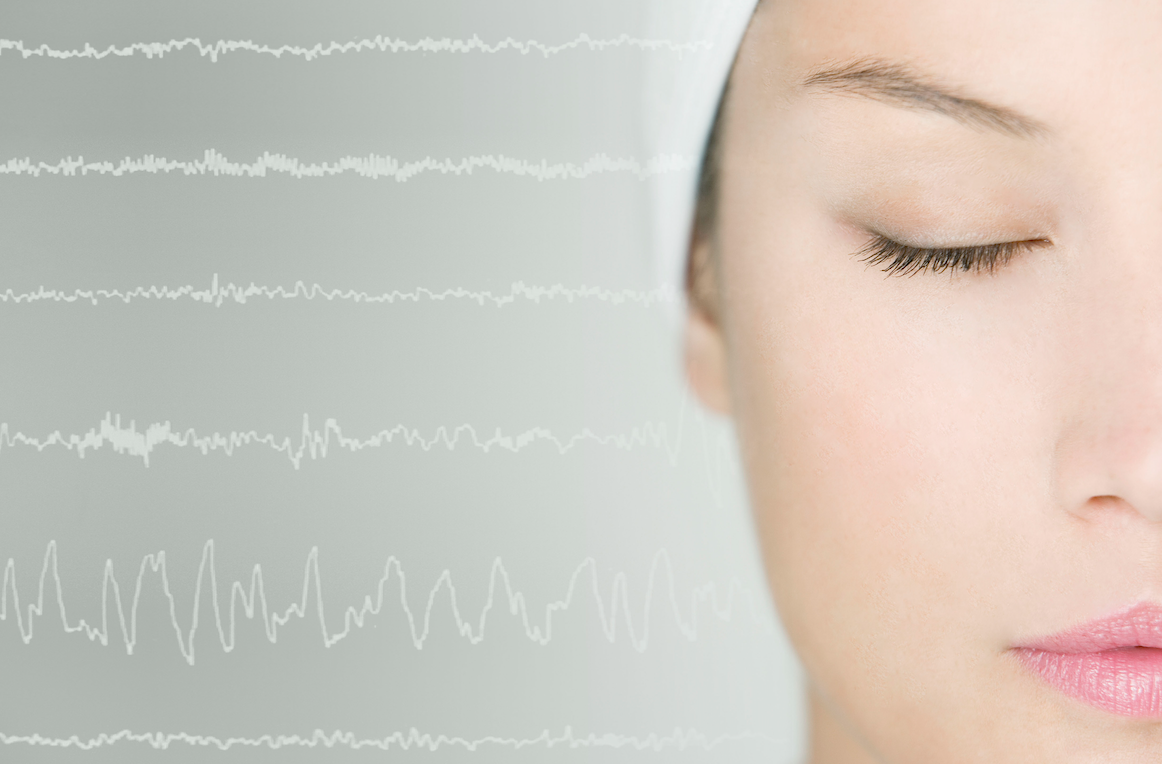Going to the doctor can be daunting, but have you ever gone to the doctor and tried to fall asleep? If you or your family member ever need a sleep study, that’s exactly what you will do. Doctors order sleep studies when a patient complains of daytime sleepiness, poor sleep at night, unusual movements or dreams during sleep, and sometimes for behavior issues in children. These studies will help your doctor determine what is causing your symptoms.
Polysomnography, also known as a sleep study or PSG, is an overnight test that is used to diagnose sleep disorders. During the night the technicians will record many parameters including: brain waves, heart rate, and breathing. They will also monitor the oxygen levels in your blood, track your eye and leg movements, and see how long you stay asleep.
In some cases, your doctor will also order something called a multiple sleep latency test or an MSLT. An MSLT can only be conducted on the day after a sleep study because the doctor needs to be certain that you got enough sleep the night before.
During the test, you will be given multiple opportunities to doze off. The number of times you fall asleep is noted as well as the time that it takes you to fall asleep. Your brain waves are also recorded in order to measure how quickly you enter REM sleep. The doctor will use all the information from these studies to determine what is causing your symptoms.
When Would a Doctor Request these Studies?
Dr. Carey Lockhart is a pediatric sleep specialist at Seattle Children’s Hospital. Dr. Lockhart sees a variety of children with sleep disorders, and she is particularly interested in the diagnosis and management of narcolepsy and other central hypersomnias. 
According to Dr. Lockhart, sleep studies are ordered when a patient complains of being excessively sleepy during the day, not sleeping well at night, or having problems such as excessive movement or snoring. Since many different conditions can cause daytime sleepiness, it is important for your doctor to understand the underlying cause of your symptoms before they can recommend the correct treatment.
Excessive daytime sleepiness can look different in children versus adults. Whereas adults might find themselves nodding off while reading, sitting quietly, or even driving, children can actually look hyperactive, moody, and impulsive. In fact, Dr. Lockhhart says that many children with a diagnosis of ADHD may actually be showing sleep deprivation! Because of this, “It is important to investigate symptoms of inattention and behavioral issues thoroughly.”
What Might the Doctor Find?
Although the primary purpose of an MSLT is to diagnose disorders of central hypersomnolence, such as narcolepsy, other disorders are much more common. According to Dr. Lockhart, both children and adults can suffer from obstructive sleep apnea (OSA), and the disorder “has gotten more common in children.” Children with OSA may or may not snore but frequently have large tonsils. If your overnight sleep study shows that OSA is causing your daytime sleepiness, you will not need an MSLT.
How Should You Prepare for Your Sleep Testing? 
Your doctor will ask you to start preparing for your tests a few weeks ahead of time. Dr. Lockhart says that it is important for patients to try to have a consistent sleepschedule before their test, to keep a sleep diary, and to cut back or eliminate caffeine. Certain drugs interfere with deep sleep so your doctor will carefully review any medications and supplements that you take and help you to wean off of them temporarily if needed. Your doctor may also have you wear a special device to measure your movement, also called an actigraphy, and they may have you keep a diary noting your sleep patterns, energy level, etc. It is important that you prepare for your test so the results will be most accurate.
Many people worry that they will not be able to sleep during the sleep study, but Dr. Lockhart says that most patients do just fine. Even kids usually sleep easily especially when they have been prepared for the testing. Having an accurate diagnosis will be well worth the time you take to prepare for your tests.
………………………………………………………………………………………………………………………………………………………………………………………………………………………………………………
Rosei Skipper, MD completed her Psychiatry residency and Child fellowship at the Mayo Clinic in Rochester, MN. She is currently pursuing further training in psychoanalytic therapy.



